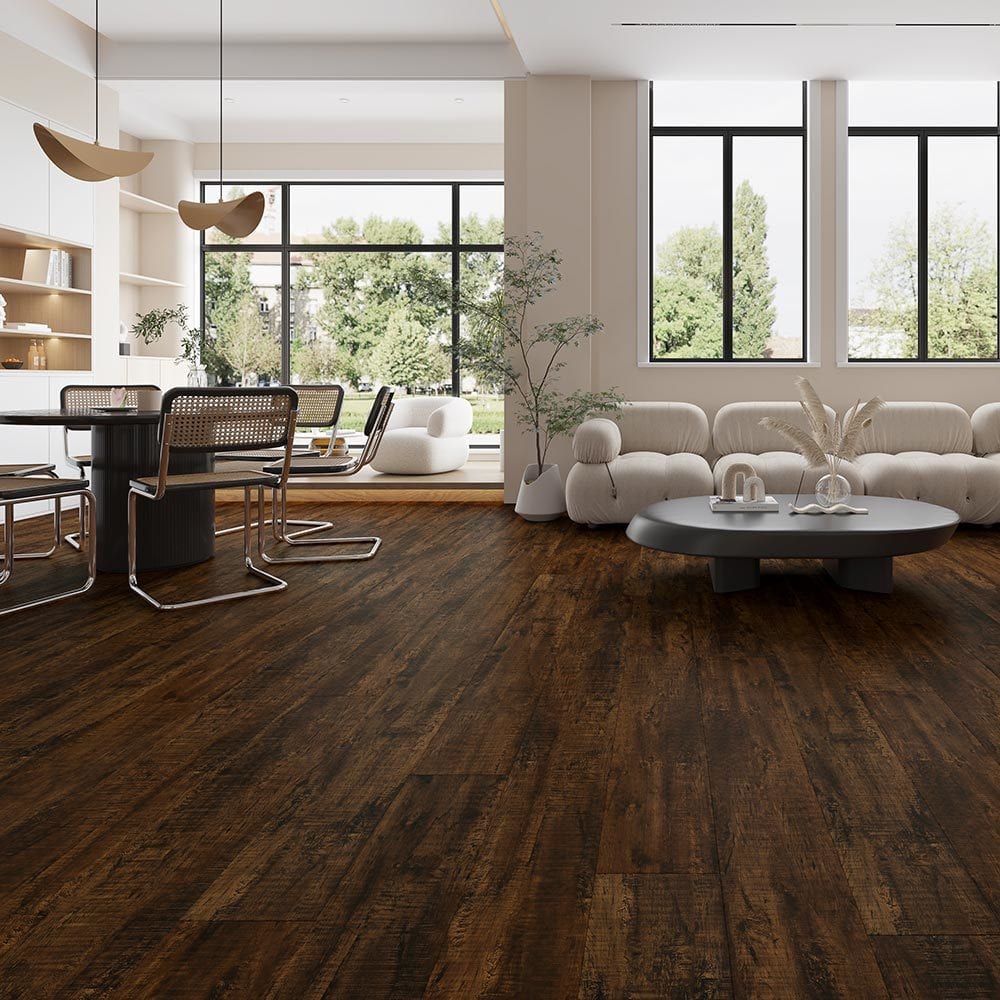How Sustainable are Waterproof Floors? Exploring Eco-Friendly Options and Materials?
Waterproof flooring has become increasingly popular in recent years due to its ability to withstand moisture, spills, and stains while providing a durable and long-lasting surface for both residential and commercial applications. With a wide range of options available on the market, choosing the right waterproof flooring for your home can seem like a daunting task. In this blog, we'll explore some of the key factors to consider when selecting waterproof flooring and help you make an informed decision for your next flooring project.
Unique benefits and features
One of the first factors to consider when choosing Waterproof Flooring is the type of material. Waterproof flooring is available in several different materials, including vinyl, laminate, engineered hardwood, and tile. Each type of material offers its own unique benefits and features, so it's essential to consider your specific needs and preferences when making your selection.
Different types of Waterproof Flooring
Vinyl flooring is one of the most popular choices for waterproof flooring due to its affordability, durability, and versatility. Vinyl flooring is available in a wide range of styles, colors, and designs, including wood, stone, and tile looks, making it suitable for virtually any aesthetic preference or design theme. Additionally, vinyl flooring is incredibly durable and easy to maintain, making it an excellent choice for high-traffic areas such as kitchens, bathrooms, and entryways.
Laminate flooring is another popular choice for waterproof flooring due to its affordability and durability. Laminate flooring is made from layers of compressed fiberboard with a photographic image of wood, stone, or tile printed on top and a protective wear layer on the surface. This makes laminate flooring highly resistant to scratches, stains, and fading, making it an ideal choice for busy households with pets and children.
Providing the warmth and beauty
Engineered hardwood flooring offers the timeless beauty of hardwood with the added benefit of waterproofing. Engineered hardwood is made from layers of real wood veneer bonded together with adhesives and topped with a protective wear layer. This makes engineered hardwood flooring highly resistant to moisture and water damage while still providing the warmth and beauty of traditional hardwood flooring.
Tile flooring is another popular choice for waterproof flooring due to its durability, versatility, and design options. Tile flooring is available in a variety of materials, including ceramic, porcelain, and natural stone, each offering its own unique benefits and features. Tile flooring is highly resistant to moisture, stains, and scratches, making it an ideal choice for bathrooms, kitchens, and other areas prone to water exposure.
In conclusion, choosing the right waterproof flooring for your home requires careful consideration of several factors, including the type of material, your specific needs and preferences, and your budget. By taking the time to research your options and consider these factors, you can select waterproof flooring that not only meets your practical needs but also enhances the beauty and value of your home for years to come.

Comments
Post a Comment